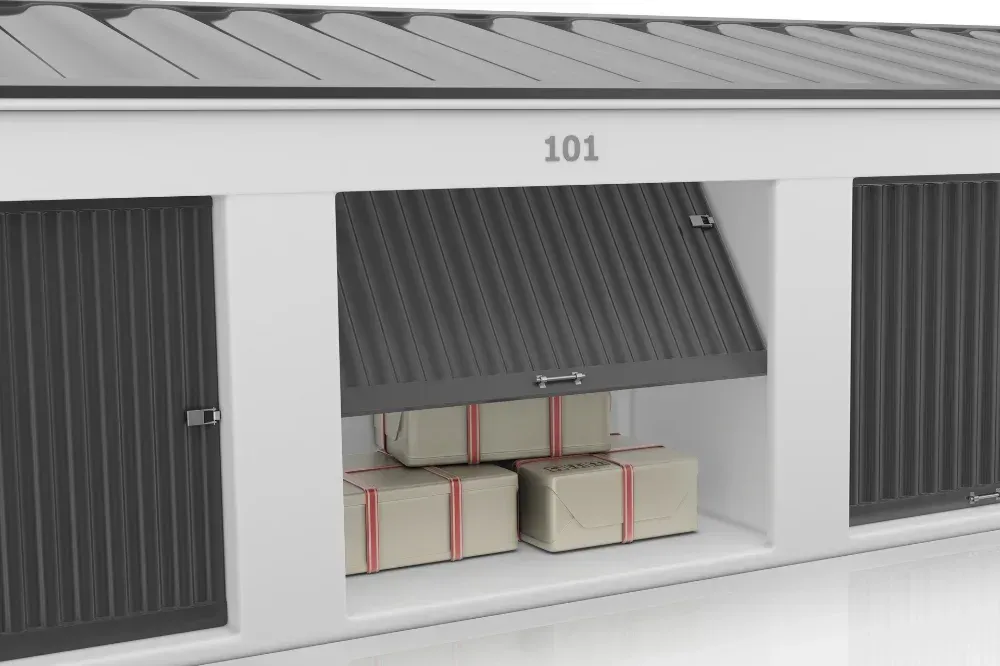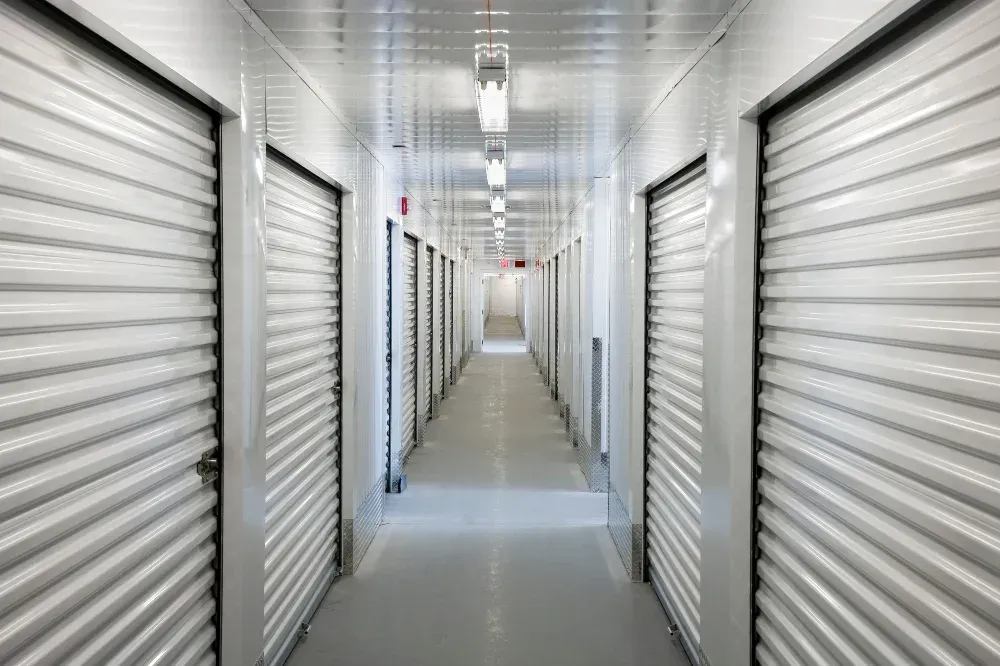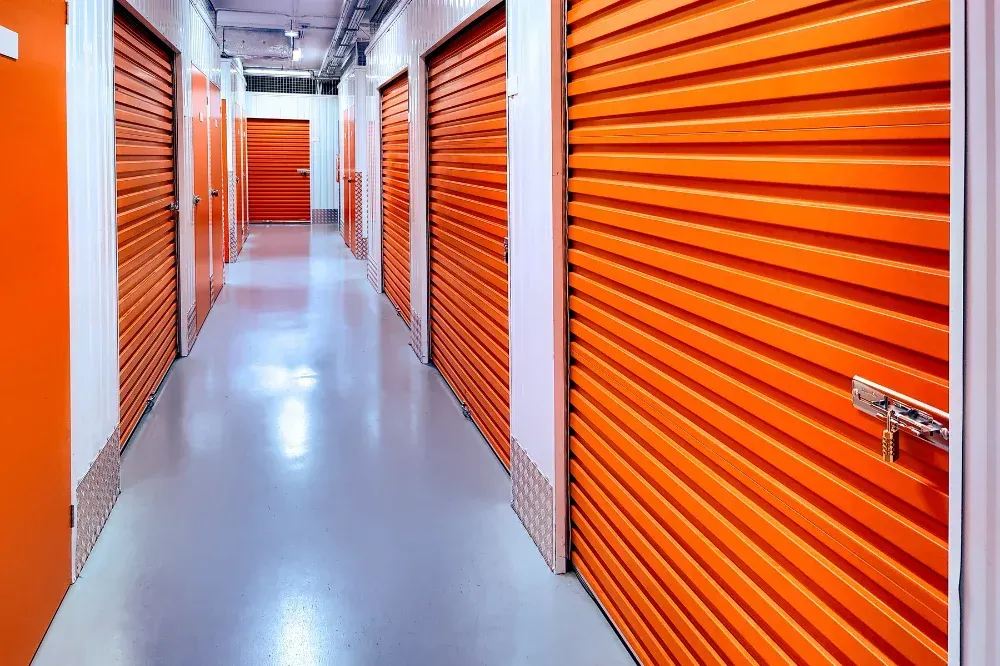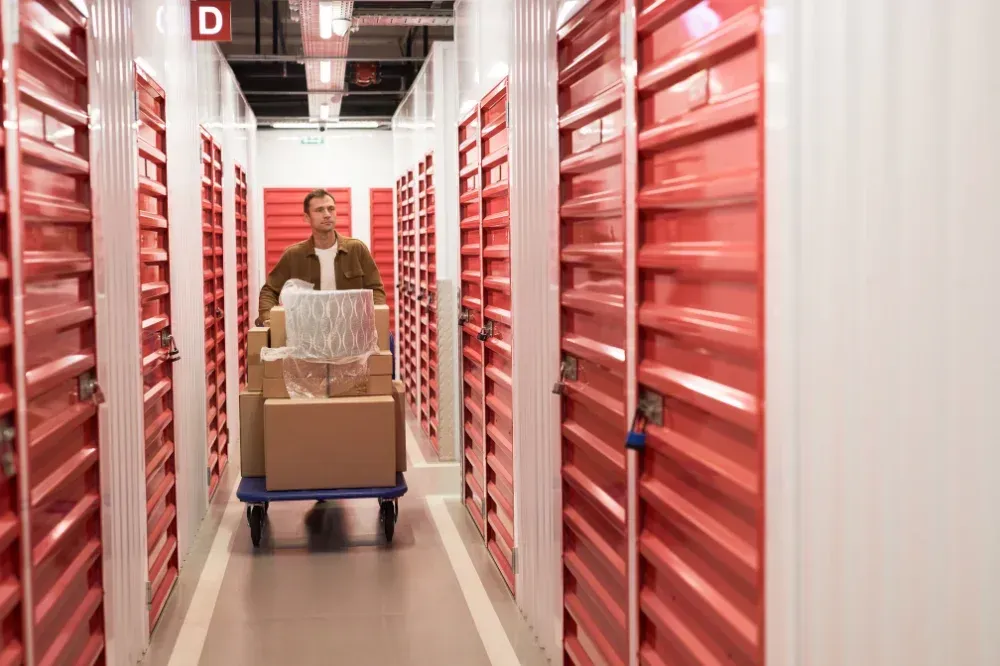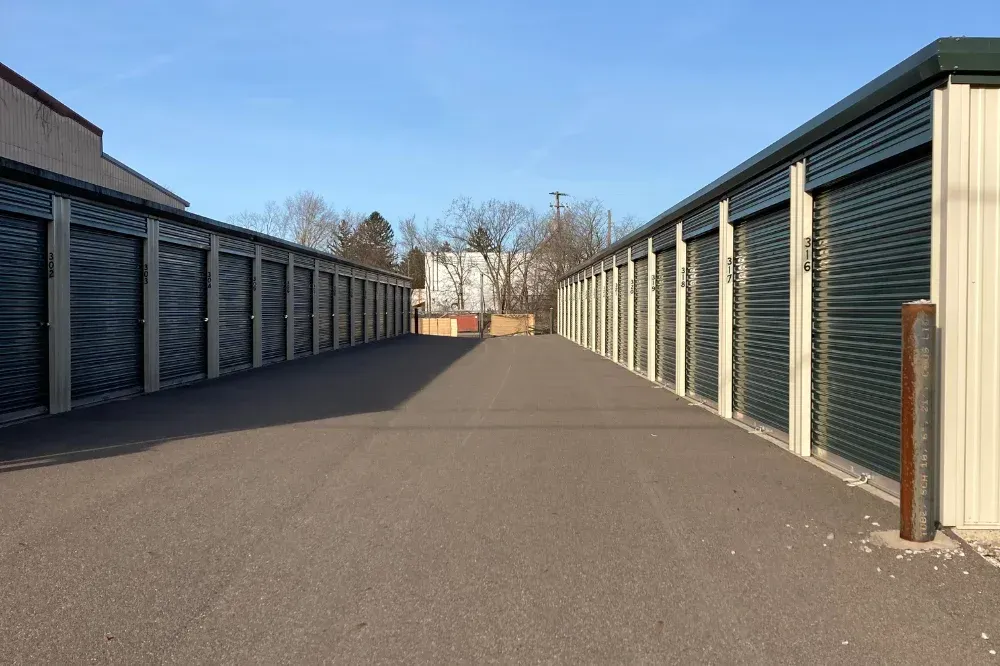Choosing the Right Self-Storage for Your Business: Benefits for Local Entrepreneurs
Choosing the Right Self-Storage for Your Business: Benefits for Local Entrepreneurs
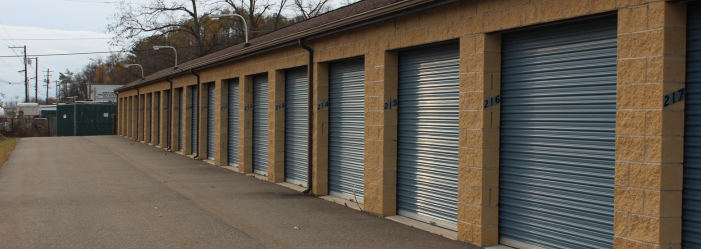
As a local entrepreneur or small business owner, managing your inventory, equipment, documents, and supplies is crucial. However, as businesses grow, so do their storage needs. The challenge lies in finding affordable and efficient solutions to accommodate the increasing amount of business-related materials. This is where business self-storage becomes an invaluable asset. Self-storage offers an affordable, flexible, and secure option for businesses of all sizes to store and organize their assets. In this article, we will explore the various benefits of self-storage, types of storage solutions, and factors to consider when choosing a facility that best suits your business.
Understanding Business Self-Storage
What is Business Self-Storage?
Business self-storage refers to renting storage units in a facility specifically designed to store business-related items. Whether you need space for inventory, office equipment, documents, or promotional materials, self-storage units provide a convenient, cost-effective solution for businesses that need additional space but don’t want to invest in larger office or retail spaces.
Common Types of Business Storage Solutions
- Traditional Self-Storage Units – These are secure, private spaces in a storage facility. Units come in various sizes, allowing businesses to choose one that fits their needs.
- Climate-Controlled Storage – Ideal for sensitive items such as electronics, documents, photographs, and valuable inventory, climate-controlled storage helps to protect against extreme temperatures and humidity.
- Warehouse-Style Storage – Suitable for businesses needing larger spaces, warehouse-style units allow for bulk storage of products, materials, or equipment.
Key Benefits of Self-Storage for Businesses
Cost Savings
One of the primary benefits of renting a self-storage unit is cost savings. Leasing additional office space or renting a warehouse can be expensive. Self-storage units are typically much more affordable, giving small businesses a budget-friendly way to store their assets. For businesses with limited capital, this option allows them to focus on growth without the heavy financial burden of renting large office spaces.
Space Optimization
Self-storage can help businesses maximize the space they already have. By relocating non-essential items to storage units, businesses can free up valuable office or retail space for customer-facing areas or essential operations. This not only improves the workplace environment but also boosts productivity as employees can work in a more organized space.
Improved Organization
With a well-organized self-storage unit, businesses can keep track of inventory, documents, and equipment more effectively. Having a dedicated space for these items eliminates the need for cluttered offices or stockrooms, which can lead to confusion and inefficiency. A good storage solution makes it easier to manage and retrieve items when needed, saving time and reducing the chances of misplacing important materials.
Types of Businesses That Benefit from Self-Storage
Various types of businesses can benefit from self-storage:
- E-commerce Businesses – These businesses often require space to store products, packing materials, and shipping supplies. Self-storage is ideal for keeping inventory organized and easily accessible.
- Service Providers – For businesses such as landscapers or cleaners, self-storage is a convenient option for storing tools, equipment, and other resources when not in use.
- Contractors and Tradespeople – Contractors and tradespeople often need space to store construction materials, spare parts, and tools. A self-storage unit can keep these items secure and organized.
- Retail Stores – Seasonal or excess inventory can be stored in self-storage units, making it easier to manage stock levels without cluttering the retail space.
Factors to Consider When Choosing a Self-Storage Facility
When selecting a self-storage facility, several factors should be taken into account to ensure it meets your business needs:
Location and Accessibility
Choose a storage facility that is easily accessible from your business location. Proximity can save time and reduce transportation costs, making it easier to retrieve or deliver items when necessary.
Security Features
Security is a top priority when selecting a self-storage facility. Look for facilities with 24/7 surveillance cameras, gated access with key codes, and individual unit locks. On-site security personnel can also provide an added layer of protection for your belongings.
Unit Size and Scalability
Select a unit that fits your current storage needs but also consider future growth. Many storage facilities offer the option to upgrade to a larger unit or rent multiple units as your business expands, giving you the flexibility to scale up when needed.
Climate Control Options
If your business deals with sensitive items such as electronics, documents, or perishable goods, opt for climate-controlled storage. These units maintain a stable temperature and humidity level to prevent damage to temperature-sensitive materials.
Pricing and Contracts
Compare prices between different facilities to ensure you’re getting the best value for your budget. Be sure to ask about flexible rental agreements, as some businesses may need temporary storage during peak seasons or for short-
term projects.
Security Measures to Look for in a Self-Storage Facility
- 24/7 surveillance cameras to monitor the facility at all times
- Gated access with personalized key codes or entry systems
- Individual unit locks and alarms for added security
- On-site security personnel who patrol the property
How Self-Storage Can Improve Business Efficiency
Self-storage can significantly boost business efficiency in various ways:
- Easier Inventory Management: Self-storage units make it easier to manage stock levels, track items, and ensure products are organized and easy to locate.
- Reduced Office Clutter: By moving excess items to storage, office spaces become cleaner and more organized, which leads to a more productive work environment.
- Secure Document Storage: Instead of storing important business documents in cluttered office drawers or file cabinets, self-storage units provide a secure, organized space for sensitive materials.
Short-Term vs. Long-Term Storage Options
- Short-Term Storage: Best for businesses needing temporary space for seasonal inventory, trade show materials, or overflow stock during peak periods.
- Long-Term Storage: Ideal for businesses that need consistent storage for equipment, archives, or extra inventory that is not in immediate use.
Climate-Controlled Storage: Is It Necessary for Your Business?
Climate-controlled storage is essential for businesses that store temperature-sensitive items such as electronics, documents, artwork, or perishable goods. It helps prevent damage from extreme temperatures, humidity, and other environmental factors, ensuring your assets remain in excellent condition.
Cost-Effective Strategies for Using Self-Storage
- Share Storage with Another Business: If you only need a small amount of space, consider sharing a storage unit with another business to reduce costs.
- Utilize Shelving and Bins: Maximize available space by using shelves, bins, and containers to organize items efficiently.
- Label Everything for Quick Retrieval: Clearly label all boxes and containers to make it easy to locate items when needed.
Self-Storage vs. Warehouse: Which One is Right for You?
- Self-Storage: Ideal for small to medium-sized businesses that need flexible, cost-effective storage. Offers short-term and long-term options and is easier to scale as needed.
- Warehouse: Best suited for businesses that require large-scale storage and long-term commitment. Warehouses generally offer more space but come with higher costs and less flexibility.
How to Organize Your Self-Storage Unit for Maximum Efficiency
- Use shelving to create vertical storage space.
- Keep frequently used items near the entrance for easy access.
- Label all boxes and containers to ensure items are easy to find when needed.
Legal Considerations for Business Storage
Before renting a self-storage unit, be sure to:
- Ensure the facility offers adequate insurance coverage for your items.
- Check that the facility complies with local business regulations.
- Carefully read rental agreements to avoid hidden fees and clarify terms and conditions.
Real-Life Examples: Businesses Thriving with Self-Storage
- Example 1: A local e-commerce business successfully streamlined its inventory management by renting a self-storage unit. The owner was able to store products and packing materials in an organized way, improving order fulfillment times and reducing clutter in their small office.
- Example 2: A construction contractor saved money by using a storage unit for tools and equipment instead of renting additional office space. This allowed them to allocate resources toward expanding their business operations.
Conclusion
Choosing the right self-storage for your business can offer substantial benefits, including cost savings, enhanced organization, and improved efficiency. Local entrepreneurs can optimize their operations by utilizing self-storage as a flexible, secure, and affordable solution for their storage needs.
FAQs
- How much does business self-storage cost?
Costs depend on factors such as unit size, location, and added features like climate control. - Can I run my business from a storage unit?
Storage units are meant for storage purposes only, and most facilities prohibit conducting business operations inside the unit. - Is self-storage secure for sensitive business documents?
Yes, provided the facility has appropriate security features like 24/7 surveillance and climate-controlled units. - What size storage unit do I need for my business?
It depends on your business's inventory and storage needs. Small businesses typically start with a 10x10 unit. - Are there any tax benefits to using self-storage for business?
Yes, storage costs can often be tax-deductible as a business expense. Always consult a tax professional to confirm eligibility.
Business Locations
Contact Us!


